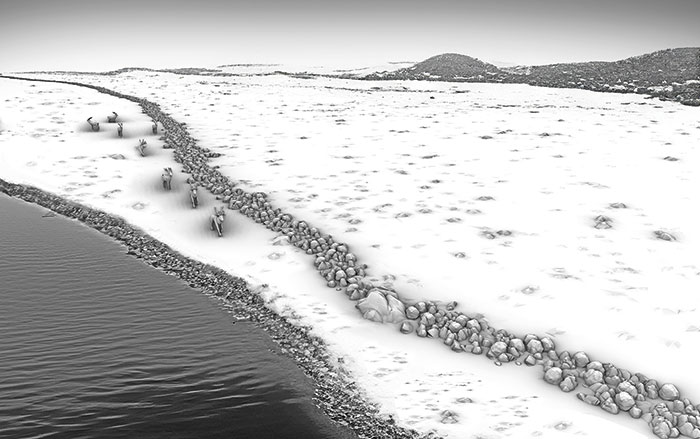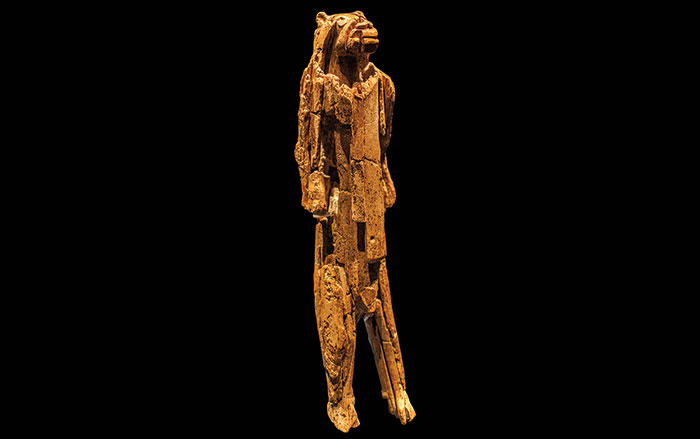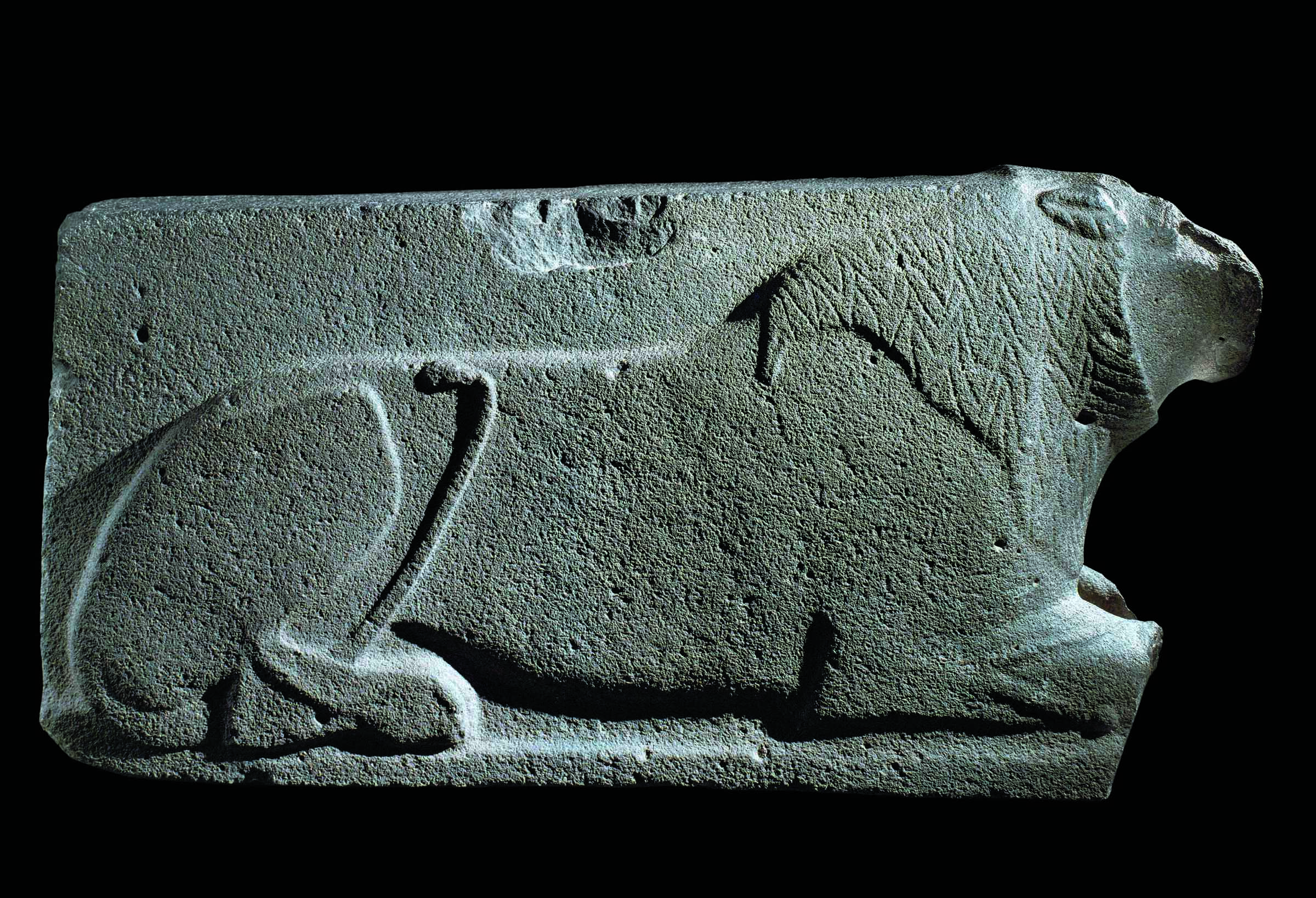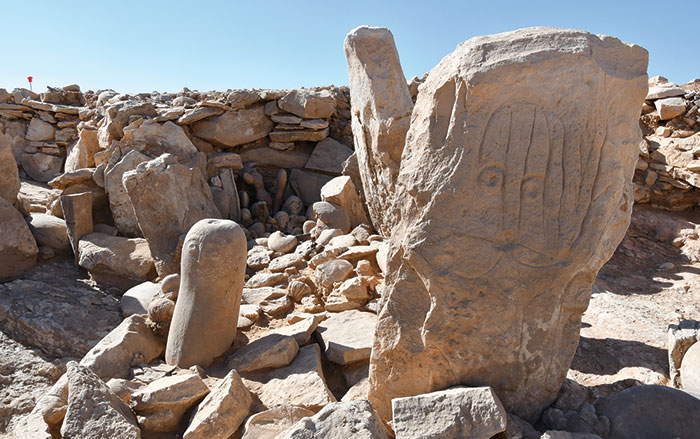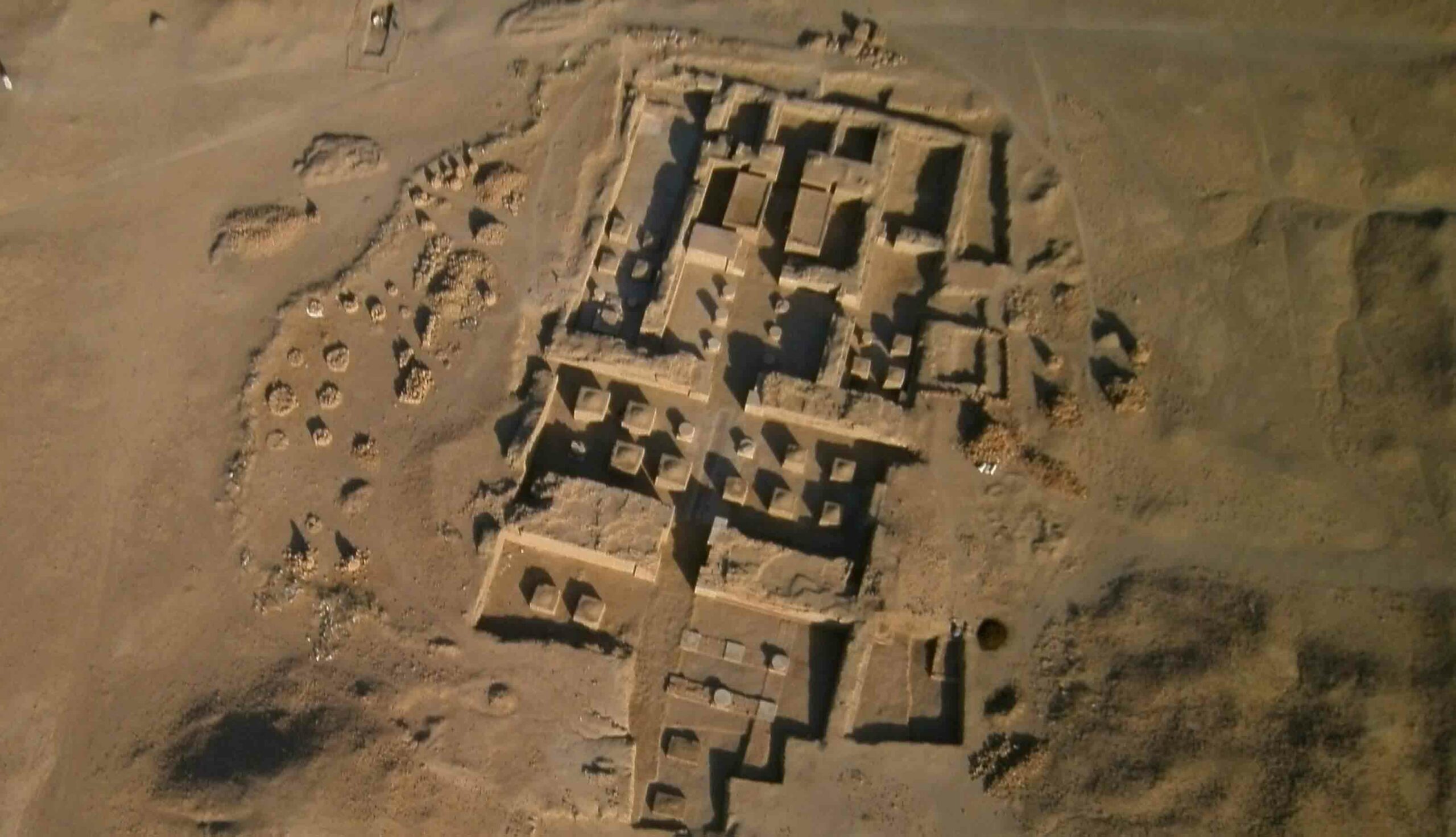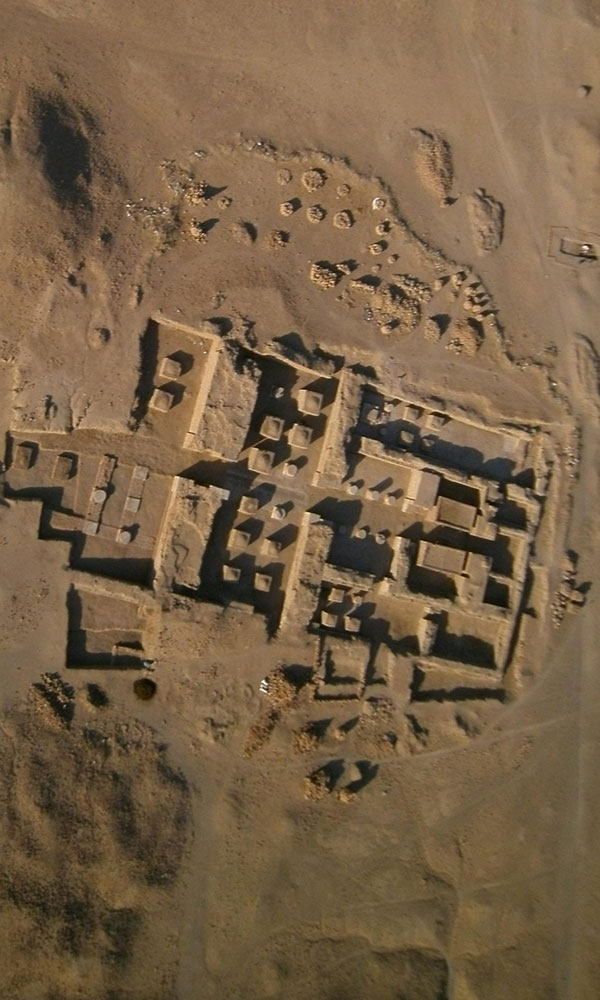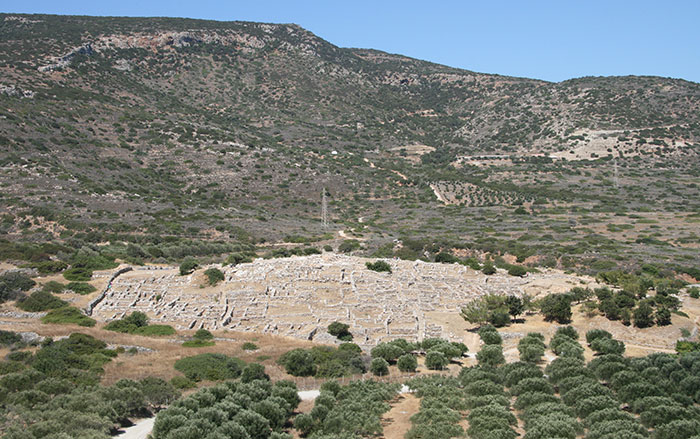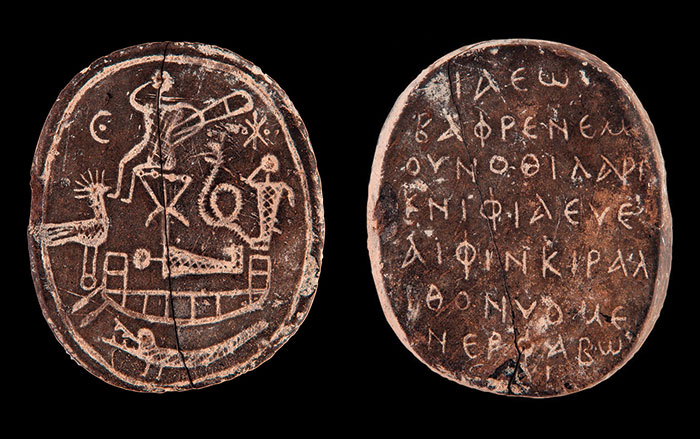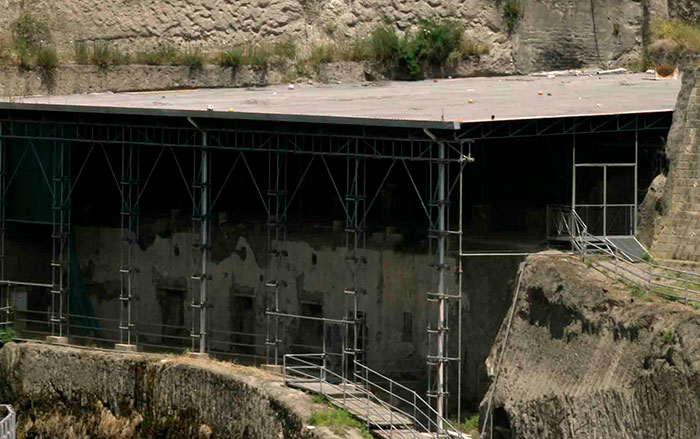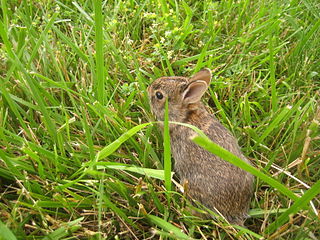
DORSET, ENGLAND—An analysis of 30,000-year-old rabbit bones found in caves in the Iberian Peninsula suggests that rabbits were a crucial part of the modern human diet, but not in the diet of Neanderthals. “Rabbits originated in Iberia and they are a very special kind of resource, in that they can be found in large numbers, they are relatively easy to catch, and they are predictable. This means that they are quite a good food source to target. The fact that the Neanderthals did not appear to do so suggests that this was a resource they did not have access to in the same way as modern humans,” paleoecologist John Steward of Bournemouth University said in a press release. Neanderthals are usually thought of as hunters of large prey over short distances, but as the climate and environment changed and large game died out, Neanderthals may have been driven to extinction as well. Technological innovations could have helped modern humans adapt to catching faster, smaller prey. “If modern humans thrived when Neanderthals did not, it must mean that modern humans were better at exploiting resources than Neanderthals,” he explained. To read about the debate over whether to clone Neanderthals, go to "Should We Clone Neanderthals?"


